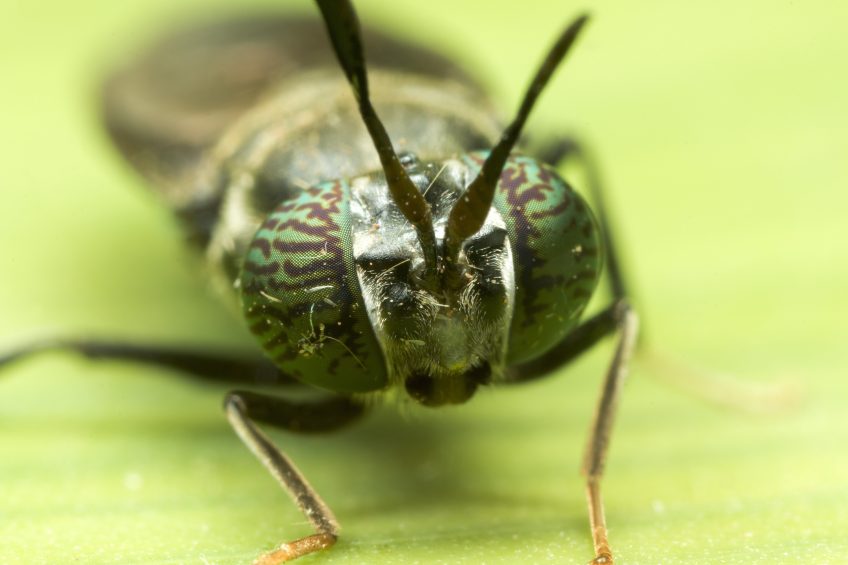Fly larvae and their effect on organic eggs

Concerns in the United States about proposals to phase out synthetic methionine from organic poultry feed have prompted a university to look at using fly larvae.
At present, farmers are allowed to add synthetic methionine, a synthetic amino acid, to organic poultry feed, but the National Organic Standards Board has expressed its desire to phase it out.
So, researchers at University of California, Davis, are looking at fly larvae, which are a natural source of methionine and an important nutrient for chicken.
Fishmeal as a methionine source was not successful
Other natural replacements have been examined widely, such as adding fishmeal to feed, but when used in North America at levels needed to balance the dietary amino acids, it has been unsuccessful as it leaves a fish taste to both meat and eggs as well as being expensive.
Will black soldier fly larvae makes eggs taste different?
In particular, they want to find out if feeding hens a diet supplemented with black soldier fly larvae will cause their eggs to taste or look different.
Researchers are currently 2 months in to the project, persuading consumers to taste test eggs from chickens that have received feed containing 20%, 15%, 10% and 5% black soldier larvae to see if it affects the eating experience.

The popularity of insect meal as a new protein has taken off – find out about new developments, regulations and innovations.
Project could lead to less soy in chicken feed
Larvae are produced in Professor Jean VanderGheynst’s campus laboratory and purchased from commercial sources. They are processed, dried and ground into the chicken feed.
The project may lead to improved poultry health while reducing the amount of corn and soy used in chicken feed.
The corn and soy could be diverted for other uses, including biofuels and providing additional calories for humans.
The project has the backing of the Methionine Task Force, which represents organic poultry producers across the US.












